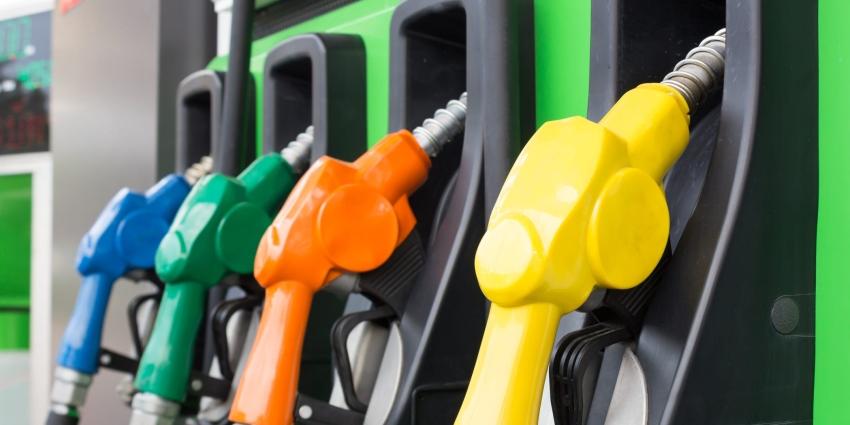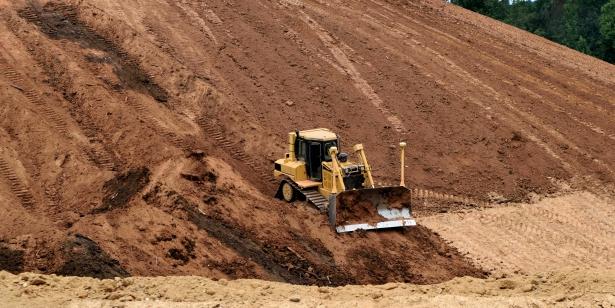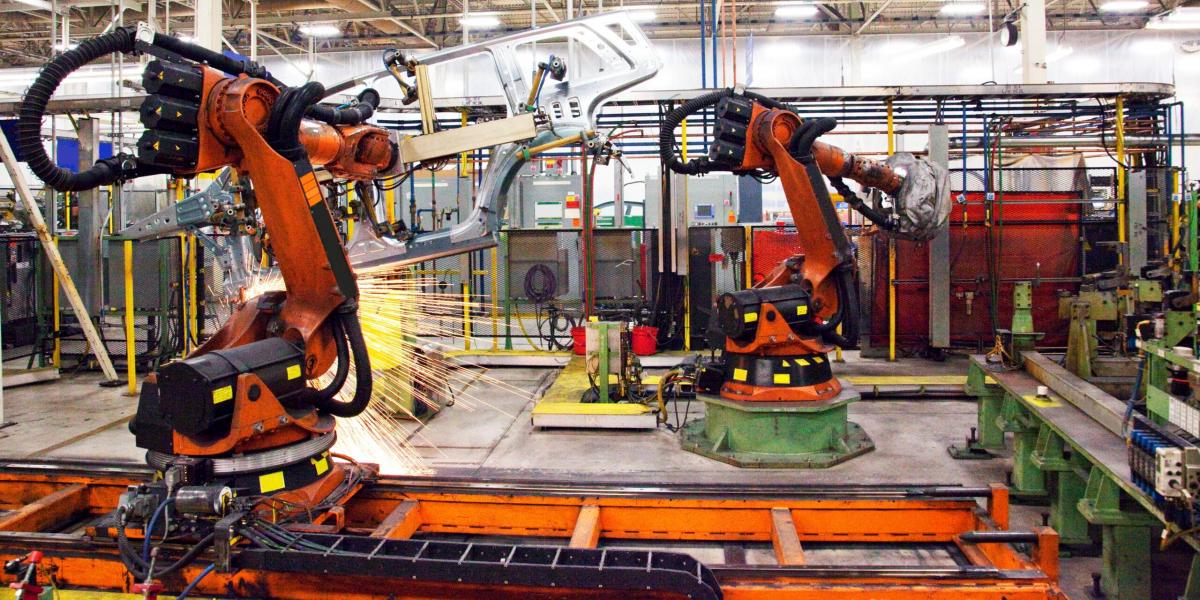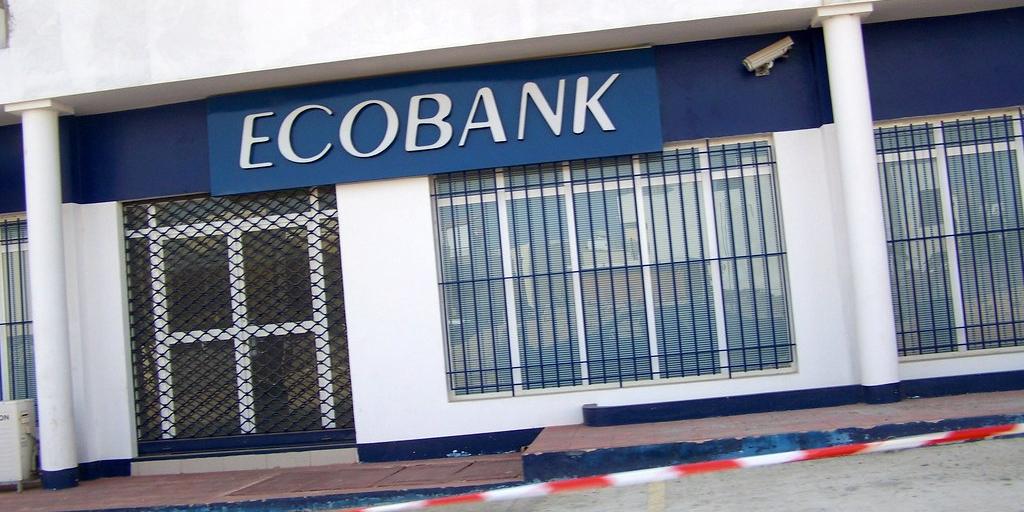South-africa :Big price hikes hitting South Africa this week
- 30 June 2022 / News / 467 / Fares RAHAHLIA

South African consumers are set to face a series of price hikes in July, including electricity and fuel price increases.
Major metropoles – including CapeTown, Johannesburg, and Durban – are set to introduce their municipal electricity tariffs from Friday (1 July) after energy regulator Nersa approved a 7.47% increase earlier this year.
This figure constitutes a 3.49% increase for the 2022/23 year, and this is separate from the 9.6% annual increase for Eskom customers that kicked in on 1 April.
The City of Johannesburg has confirmed that its electricity prices will increase by 7.47% from 1 July, while the City of Tshwane and City of eThekwini has also confirmed that they will match these increases. The City of Cape Town has tabled expected average increases of closer to 9.5%.
Neil Roets, chief executive of Debt Rescue. has warned that the hikes will put many South African households over the edge.
“We all need power to keep our households and businesses running. We rely on electricity for everything we need to make life comfortable – and indeed possible – from running a hot bath to heating our food, not to mention the home entertainment that provides respite from the onslaught of spiralling living costs. There is no getting away from spending money to keep the lights on.” ”
Roets said these steady increases are a particularly bitter pill as the country faces continuous bouts of load shedding.
“Viewed in isolation, perhaps the burden of ever-increasing electricity prices might have been more easily absorbed had consumers not also had to contend with rising interest rates and skyrocketing fuel prices. Add to this the compounded effect on basic food prices, and there is no way to soften the blow.”
Other municipal tariff increases
July will also see other municipal tariff increases alongside the agreed electricity price hike. However, unlike the more regulated energy price, South African consumers face paying substantially more or less for services depending on where they live.
The City of Johannesburg plans to increase its property rates by 4.85% from 1 July, with the cost of water set to increase 9.75%.
By comparison, the City of Cape Town plans for an average increase of 6.5% for water and sanitation services, while refuse removal is set to increase by an average of 5%.
It should also be noted that these increases are different for businesses and private users, with major metropoles providing a detailed breakdown of the respective increases based on uses.
Fuel price
Arguably the biggest increase awaiting consumers in July is another steep petrol price increase on Wednesday (6 July).
Current data from the Central Energy Fund shows the country is facing an under-recovery/hike of R1.84/litre for 95 petrol and R1.63/litre for 93 petrol. Diesel faces an under-recovery of around R1.63/litre for both grades.
However, this does not account for the government’s fuel price interventions, which are set to drop by 75 cents in July, and will see the country facing a R2.30-R2.50/litre increase for petrol.
Civil society Outa has called for the R1.50 petrol tax relief to be extended.
“The fuel levy reprieve of R1.50 per litre has been in place for April, May and June. Should the minister of finance Enoch Godongwana reduce this to a reprieve of 75c per litre from 6 July to 2 August, as planned, we can expect a petrol price of around R2.50 in July, thereby pushing the price of 95 octane inland from R24.17 per litre to around R26.70.
“While we understand the negative impact of around R2.8 billion in tax revenue to the fiscus for every month the R1.50 per litre fuel levy reprieve remains in place, we believe that while petrol prices remain above R22 per litre, the minister would be wise to retain the full R1.50 reduction.”
Outa said the government should not reduce the fuel levy reprieve to 75c in July, but wait until the geopolitical factors, combined with an improvement in the rand exchange rate, are able to bring about a significant reduction to the price of petrol.
The price of petrol is subjected to taxation or levies in virtually every country, and in South Africa, the general fuel levy is the fourth largest tax source for Treasury (after PAYE, VAT and company tax), generating around R89 billion per annum for the fiscus.
“Outa is not naïve enough to believe the state would scrap the entire fuel levy going forward, or at least certainly not during these times of heightened fiscal pressure. However, the fuel levy is one of tax elements that government is able to adjust at short notice.
“We also believe that government must find a solution to the runaway costs of the Road Accident Fund (funded by another fuel levy of R2.18 per litre), which requires urgent professional intervention. This levy should either be reduced or not tied to the price of petrol.”
source: BusinessTech
 English
English
 français
français
 العربية
العربية







